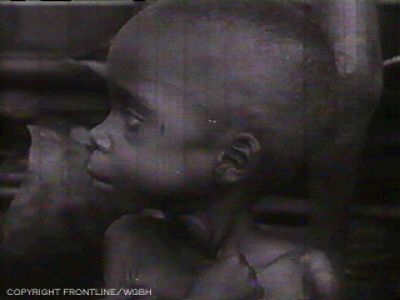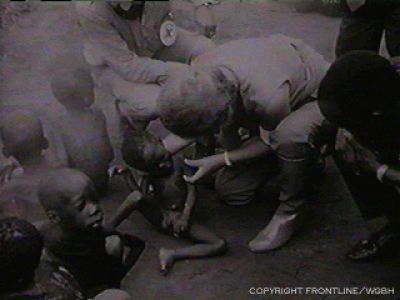Biafra (1969): The Beginning of Full-Time Disaster Relief Work
Fred Cuny's disaster relief work began in Biafra, where he realized more engineers were needed to help people in need.
In 1969, Fred Cuny visited of Nigeria. Biafra was trying to break away from Nigeria, and thus became a war zone. Cuny volunteered his disaster-relief skills to the Nigerians, but his services were rejected. So Cuny offered to help Biafra, where many different aid groups were working.
He saw many problems in the way disaster relief was administered -- for example, there was a lack of concern about public health and a fundamental flaw in the way food was distributed. All in all, Cuny felt that the so-called "experts" knew very little about practical ways helping the people. But what could Cuny do? Should he tolerate the ineffective practices? How much could he, a newcomer, hope to change? How could he establish his credibility in order to make improvements? What should he try to change first?
Cuny decided to make his presence felt right away; he started by improving the drainage system and the methods of food distribution. He fought to bring in more engineers to build better drainage systems, and arranged to ship food to the people in the countryside, instead of forcing those in need to come to the airports to receive the food. Overall, Cuny believed strongly that merely sending more food did not help, and that disaster relief agencies needed to include more engineers. He decided to devote his life to full-time humanitarian work; and to help achieve the level of independence he needed to revolutionize the field, he started his own crisis-management firm, INTERTECT, in 1971.



